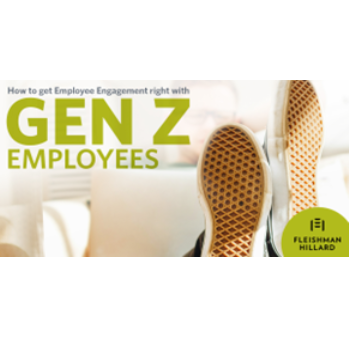Don’t Blink
If you blinked you may have missed it. Two of the world’s biggest brands, Nestlé and Tesco admitted they have modern slavery in their supply chains. Indeed Tesco’s responsible sourcing director, Giles Bolton, went as far as to say ‘all companies have slavery in their supply chains’.
This revelation has caused little more than a ripple in international media. Consumers around the world seem to have either missed it or instituted selective deafness. I tend to think it’s a combination of both. After all, who wants to think that the cacao in their chocolate bar may have been harvested by someone in servitude?
Evidence of slavery seen this year in the fisheries sector may well have prompted Nestlé’s confession. For Tesco the recently introduced Modern Slavery Act in the UK may have spurred them on to such bold talking. Either way it’s refreshing to hear companies talking honestly about their complex supply chains, and being realistic about the limits to their knowledge and influence over the lower tiers of their chains.
The Modern Slavery Act requires all companies turning over more than US$56 million in the UK to provide an annual statement that sets out what they are doing to mitigate the presence of slavery in their supply chain. The Act lacks teeth in the hope that NGOs and media scrutiny will be enough to encourage increased focus and effort by firms to root out the scourge of slavery from their businesses. It remains to be seen how effective this approach will be, but the honesty we are seeing from the likes of Nestlé and Tesco is a volte-face for what has typically been a well-kept secret of the globe’s highly complex supply chains.
The spotlight of the media and NGOs is certainly shining more brightly on lower tiers of the supply chain. The brands undoubtedly have a hugely important role to play, but the real action needs to take place closer to where the slavery exists rather than in CSR teams in distant company headquarters.
The transparency agenda means manufacturers are finding that they need to focus more on communications than ever before, be it to their workforce in multiple geographies or to their own upstream suppliers to ensure they are not compromising commitments made in turn to their own, increasingly demanding, customers.
NGOs like the Mekong Club are taking a proactive approach, trying to engage both brands and manufacturers on the issue of slavery, with solution-focused assistance. Other NGOs will no doubt be playing a more naming-and-shaming role. Both approaches have a role to play in rooting out slavery from the clothes we wear and food we eat. Consumers need to face up to the reality of being the final stop on the supply chain. Being last doesn’t negate our responsibility in the process. Nobody wants to wear a pair of earrings made by a child who should be still at primary school and nor should we tolerate products made by people in servitude.
And don’t be fooled by the term ‘modern’. It’s the same, only now it’s illegal and therefore better hidden. According to the Walk Free Foundation there are 36 million people in slavery with about 60% of them in Asia. Given the scale of the problem nothing short of systemic change is needed. We have GM-free, sugar-free, wheat-free and BPA-free: surely we can add slavery-free to that list too.
Manufacturers should use communications to get on the front foot before consumers stop blinking and turn their focus beyond the brands.


